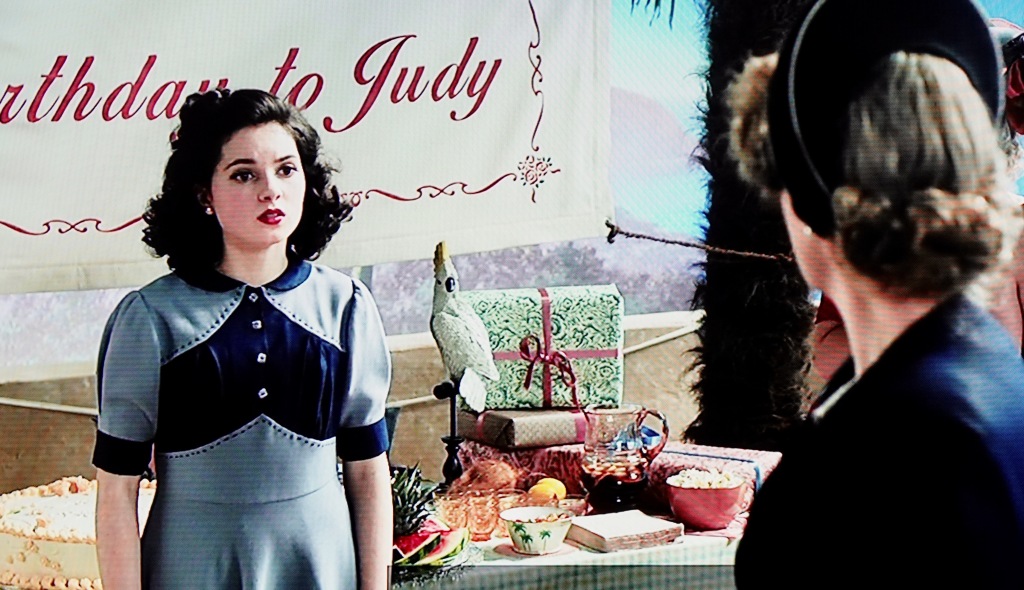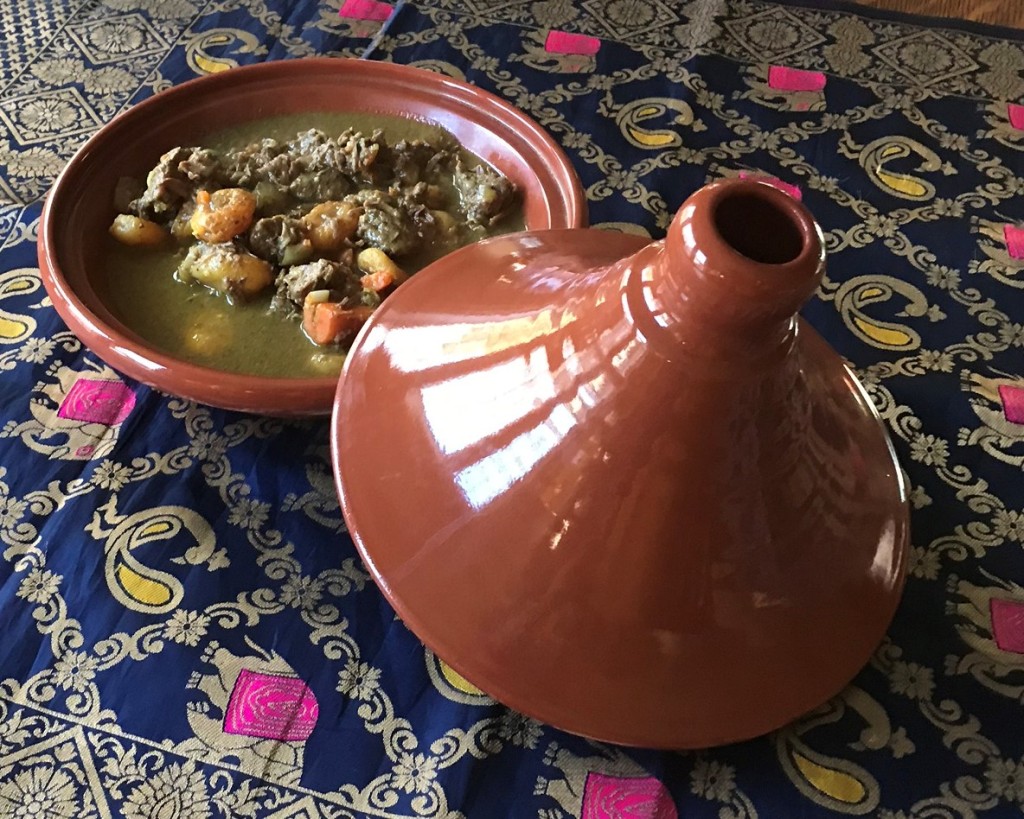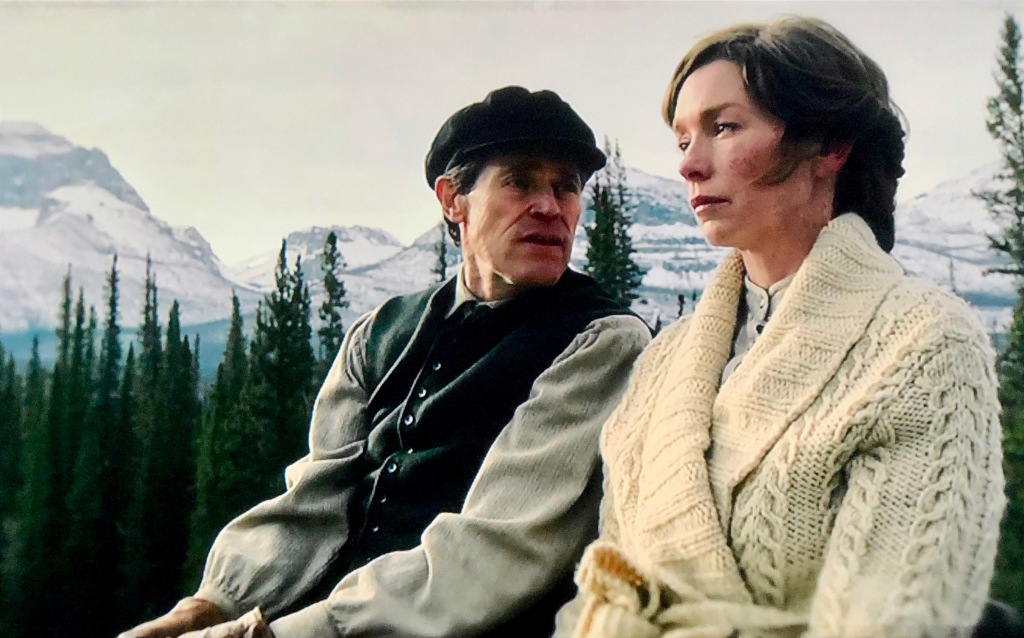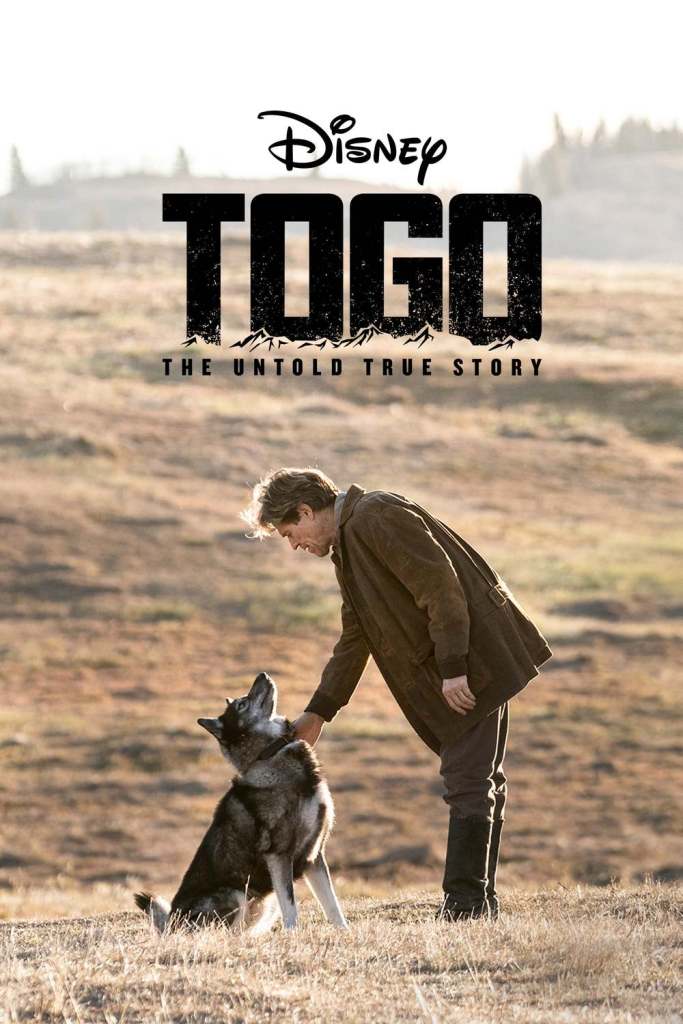
Dear Judy,
Alan and I watched the new movie about your life, and the acting was brilliant, but it broke our hearts.

How dare anyone force a child to work 18-hour days? Where were your parents, and why didn’t they protect you from all the oppression and intimidation you suffered while growing up as a child star?

Getting you hooked on prescription medications as a child was criminal. I think today such injustice would be grounds for jail sentences . . . if people found out and cared enough.

Meanwhile, your greedy “handlers,” who were getting rich from your beauty and talent, continued to oppress you, robbing you of the pleasures of a normal childhood.

And, it didn’t stop when you grew up.

Hooked and confused, you continued to sing and dance to the tunes of the world that made you rich and famous . . . and continued your misery.

You couldn’t resist the roar of applause and approval. (Who could?) Always looking for love— but finding no one who truly cared for you as much as they cared for your glamour.

And, who could resist the temptation to want you for your face and fortune?

No, you couldn’t resist the lure of fame and fortune, even though it destroyed you and your attempts at marriage.

Five husbands and three children later, you discovered to your horror that you had given up—not only your childhood, but your adulthood, your marriages, your hope of family and love—and even your personhood.

What a tragic end for someone who started out with so much greatness and potential!

My heart grieves for you,
Kathi

. . . You know, the world isn’t kind. People are selfish by nature. I’m sure all of us could relate story after story of heartache and ruin happening today in the lives of those around us. Not just “somewhere over the rainbow” or “out there,” but right here, close in our hearts and in the lives of our loved ones and neighbors. God has given each of us the freedom to choose how we will live, but—just like Judy—we often choose very destructive habits and passions over what we know to be right and good. Yes, many are abused as children which causes disabilities and confusion, but the choices we make as adults are our own, and we are responsible for those decisions.

Don’t ever buy the line that God will never give us more than we can take. That’s not in the Bible, and it’s patently untrue. We do get into situations that we can’t handle on our own. But, I believe God allows the overwhelming circumstances so that we will be driven to Him for help, and He promises that He will rescue those who seek him with all their hearts.

Was there never a time in Judy’s life when she heard the gospel? “Believe on the Lord Jesus Christ, and thou shalt be saved” (Acts 16:31). “Come unto me, all ye that labour and are heavy laden, and I will give you rest. Take my yoke upon you, and learn of me; for I am meek and lowly in heart: and ye shall find rest unto your souls.” (Matthew 11:28-29). “There hath no temptation taken you but such as is common to man: but God is faithful, who will not suffer you to be tempted above that ye are able; but will with the temptation also make a way to escape, that ye may be able to bear it” (1 Corinthians 10:13). God promises that those who trust in Him will be provided a way of escape, but it’s up to us to take it!

Do you feel overwhelmed, and like your life is so messed up that there’s no hope of recovery? Do you find yourself not believing it possible to overcome all the pain and suffering you’re been facing everyday? “There be many that say, Who will shew us any good?” (Psalm 4:6a). I have been really struck by this verse of late. There is so much trouble in the world that it’s tempting to look at the evil and miss all the good! But, then the psalmist goes on with a request: “Lord, lift thou up the light of thy countenance upon us.” And, when we ask, He answers.

For instance, I know another Judy. This lady’s husband and only son are alcoholics, but she is radiant and happy. Truly, I sometimes wonder how she does it, but I know it’s supernatural grace! I know someone who was badly abused by her step-father as a child but now is a vibrant and deeply compassionate young woman, walking in freedom and light. She has experienced the reality of “They looked unto him, and were lightened: and their faces were not ashamed” (Psalm 34:5). I knew a woman whose mother died when she was a toddler. She grew up in abject poverty, was raped while serving in the military as a nurse, and married a man who was repeatedly unfaithful. Still, this magnificent woman chose over and over again to trust the Lord, to obey His Word, and to walk in love. She has been a source of inspiration and blessing to all who knew her.

No matter what our background or our present circumstances, we can choose to do what is right and good. We can choose—one choice at a time, one day at a time—to beg God for grace to make the right choice and to “Depart from evil, and do good; seek peace, and pursue it” (Psalm 34:14).

“Hear me when I call, O God of my righteousness: thou hast enlarged me when I was in distress; have mercy upon me, and hear my prayer. 2 O ye sons of men, how long will ye turn my glory into shame? how long will ye love vanity, and seek after leasing? Selah. 3 But know that the Lord hath set apart him that is godly for himself: the Lord will hear when I call unto him.4 Stand in awe, and sin not: commune with your own heart upon your bed, and be still. Selah.5 Offer the sacrifices of righteousness, and put your trust in the Lord.6 There be many that say, Who will shew us any good? Lord, lift thou up the light of thy countenance upon us.7 Thou hast put gladness in my heart, more than in the time that their corn and their wine increased.8 I will both lay me down in peace, and sleep: for thou, Lord, only makest me dwell in safety.” (Psalm 4:1-8)
Turn Your Eyes Upon Jesus
(—Helen H. Lemmel, 1922, Public Domain)
- O soul, are you weary and troubled?
No light in the darkness you see?
There’s light for a look at the Savior,
And life more abundant and free!- Refrain:
Turn your eyes upon Jesus,
Look full in His wonderful face,
And the things of earth will grow strangely dim,
In the light of His glory and grace.
- Refrain:
- Through death into life everlasting
He passed, and we follow Him there;
O’er us sin no more hath dominion—
For more than conqu’rors we are! - His Word shall not fail you—He promised;
Believe Him, and all will be well:
Then go to a world that is dying,
His perfect salvation to tell!
















































